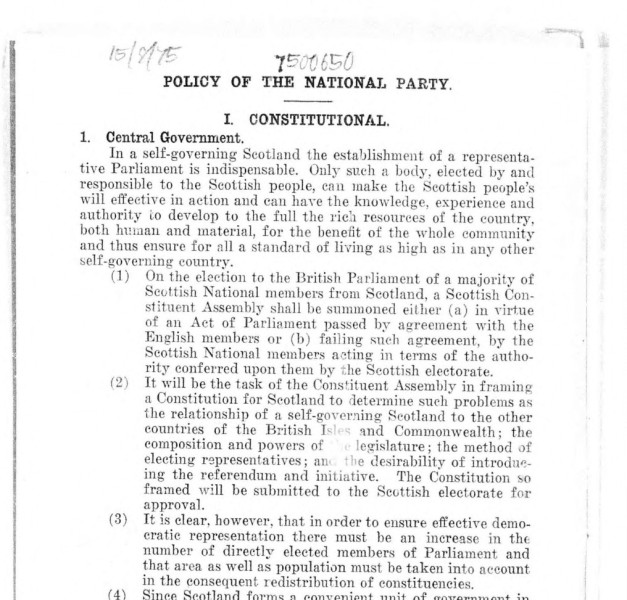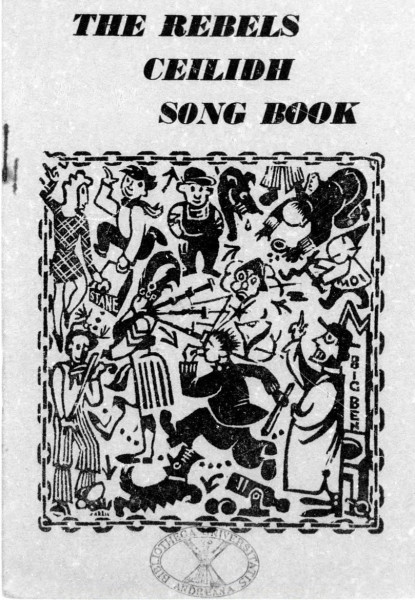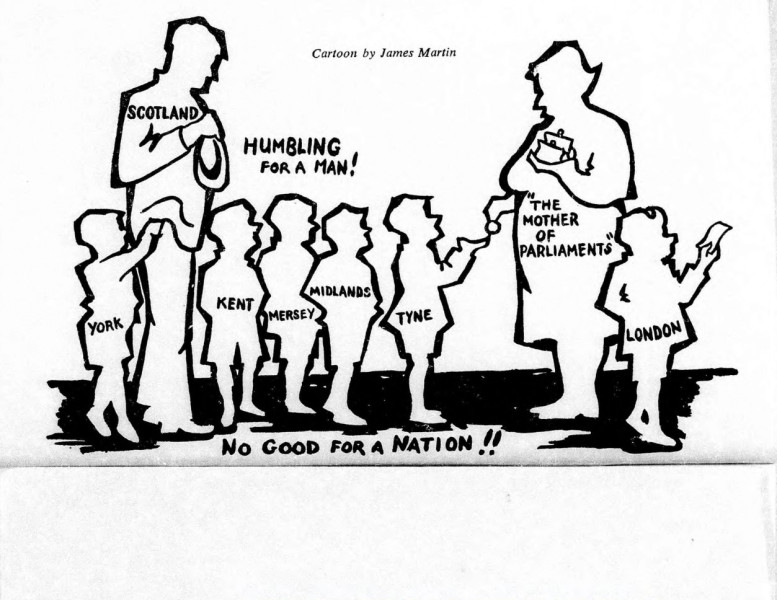
Scottish Nationalist Leaflets, 1844–1973

Pamphlets relating to Scottish Nationalism, 1844–1973
Scotland’s beautiful land still remains a rich asset awaiting the day when the Scottish people recover the inheritance of which they have been defrauded.page 29
Access the full collection
Access the full archive of Scottish Nationalist Leaflets, 1844–1973.
Institutional Free Trial
Start your free trialRegister for a free 30-day trial of Scottish Nationalist Leaflets, 1844–1973, for your institution.
Institutional Sales
Visit Sales PagesellFor more information on institutional access, visit our sales page.
Single User License
Purchase a license below to view the full collection.
Already have a license? Sign in.
Study nationalist research into the viability of an independent Scotland

The 1707 Acts of Union united the Scottish and English Parliaments to form the Parliament of Great Britain in the Palace of Westminster. Thenceforth Scottish citizens have debated the viability of an independent Scotland.
Documents in this collection contain a wealth of information on the subject of Scottish independence, including: the effect on international relations; financial policy proposals; pamphlets from the Scottish National Party; and the revival of Scottish cultural independence.
This collection charts the growth of Scottish nationalism, and subsequent calls for independence, from the mid-nineteenth to the late twentieth century. This is an excellent resource for those interested in studying the history of what is set to be a dominant political movement in the twenty-first century.
Contents
Scottish Nationalist Leaflets, 1844–1973...
Pamphlets relating to Scottish Nationalism, 1844–1973
Discover
Highlights

Licensed to access Young, Douglas, 1942–1945
This document includes pamphlets written by Douglas Young, leader of the Scottish National Party between 1942 and 1945. During the Second World War, Young refused to register either for military service or as a conscientious objector, arguing that the British government did not have the authority to force Scots to serve in the British military.
Insights
Critiques of the British Parliament include accusations that Scotland was not benefiting equitably from government spending. Consequently it was claimed that Scotland was not treated as an equal partner in the Union.
This collection contains pamphlets authored by influential Scots: Archie Lamont, Oliver Brown, Robert Gayre, Hugh MacDiarmid, William Mitchell, and Douglas Young. Pamphlets were published from the mid-nineteenth century to the late-twentieth century.
Documents in this collection explore how an independent Scotland might be able to function. They discuss oil, industry, and blueprints for self-government.
This collection contains a wealth of cultural material, including “Rebel Songbooks” and Scottish literature. “The Culture of the Scots: its Past and Future, 1943” was written by William Power. Power was an author, journalist, and leader of the Scottish National Party from 1940 to 1942.
Unlock Historical Research for Your Institution
Provide your students and researchers with direct access to unique primary sources.
Related Media











